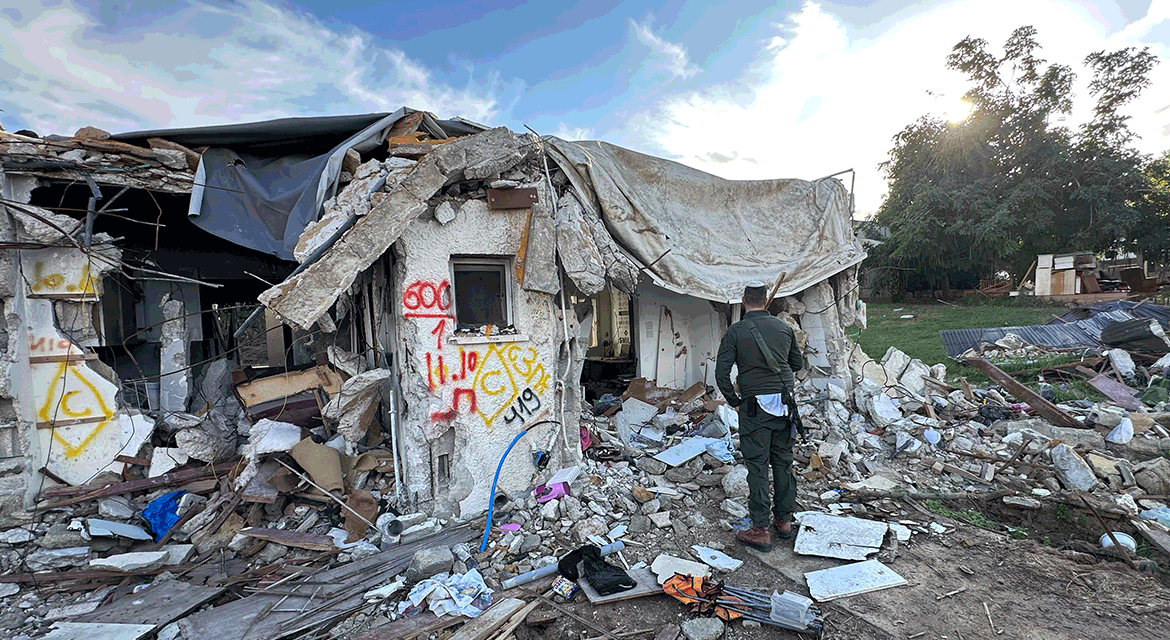I returned to Israel this week, a month since my last trip and now 56 days since the war began. There’s still a sharp line of demarcation in Israel:
Life before October 7. Life after.
Our partners on the ground speak of moving from crisis mode to “routine emergency,” a relatively quieter status that — given today's resumed fighting — could change in an instant. But the current situation is anything but routine. Well over 200,000 people from the south and north of Israel remain displaced from their original homes, with many unlikely to return for a year or longer.
We’re now dealing with intermediate needs: How do families living in cramped hotel rooms move to more suitable housing? How do displaced adults make a living? How do children, already suffering pandemic-related schooling setbacks, have their educational needs met? How do we even begin to deal with the vast trauma experienced by so many?
To understand the magnitude of these challenges, I visited the Dead Sea, whose beautiful vistas stand in stark contrast to the emotional turmoil of the thousands of displaced people currently housed in its hotels. This is a resort town. There are no supermarkets and only one small school. The local regional council has quickly put up prefabricated schools and a complex of playgrounds, a teen lounge, health center, food courts — all barely scratching the surface of what’s needed.
I also visited up north, where — given the close proximity of Hezbollah in Lebanon — the situation is in some ways even more difficult. Over 70,000 residents are under mandatory evacuation. Tens of thousands more have left on their own. And you understand why. In Nahariya, with a population of 75,000, people have 15 seconds after a rocket siren sounds to seek shelter. In places like Kibbutz Hanita, located just hundreds of yards from the Lebanese border, rockets land before the sirens can even go off.
Leaving your home is hard; feeling secure enough to come back may be harder still. Our emergency funds are playing a critical role in easing the burden of displacement until everyone who chooses to can go home — and then, we will help rebuild.

